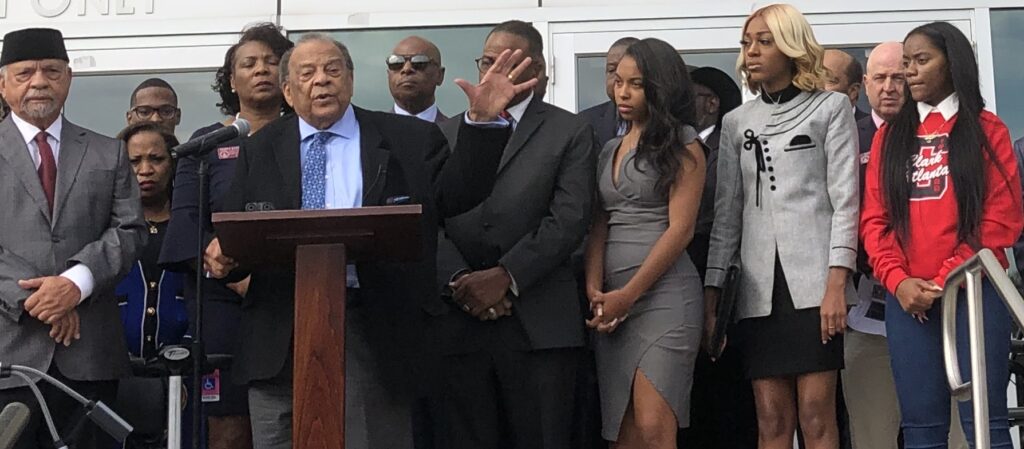
ATLANTA – Georgia should establish special economic prosperity planning districts for its 10 Historically Black Colleges and Universities (HBCUs), a bipartisan state Senate committee recommended Thursday.
The proposed HBCU Innovation and Economic Prosperity Planning Districts would help the colleges address critical needs and increase engagement from the surrounding communities, said committee chairwoman Sen. Sonya Halpern, D-Atlanta. Areas of focus might include housing, digital infrastructure, small business and workforce development, and environmental and facility upgrades for the institutions and their communities.
“We have heard time and time again that [HBCUs] are real economic drivers for the state,” Halpern said. “But we’ve also heard there’s a lot of opportunities yet in front of our HBCUs to be better supported in their infrastructure. … This would be an innovative approach to begin to corral the asset that we have as our HBCUs … and use [them] as a real catalyst for the communities in which they sit.”
The General Assembly would need to approve legislation creating the planning districts as a first step.
The study committee also recommended that the Georgia HBCUs produce a biennial report focused on how various state agencies can support the institutions. The reports would be authored by a third-party organization and focus on how HBCUs can benefit from state resources, including funding, contracting opportunities, and technical assistance. The proposal is modeled on a similar effort in Tennessee that has been successful, Halpern said.
The committee also recommended creating an HBCU Caucus within the General Assembly. The bipartisan, bicameral caucus would be modeled on the HBCU Caucus in Congress.
The committee also recommended creating HBCU subcommittees within both the state Senate and House Higher Education committees. This would provide a dedicated forum to discuss HBCU problems and potential legislative solutions, Halpern said.
The study committee held several meetings this fall and listened to testimony from experts, HBCU officials, and alumni.
This story is available through a news partnership with Capitol Beat News Service, a project of the Georgia Press Educational Foundation.
